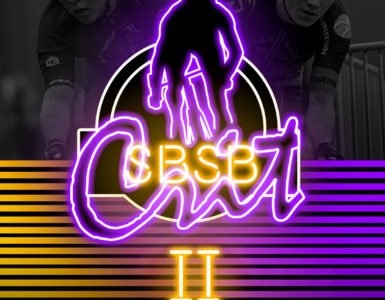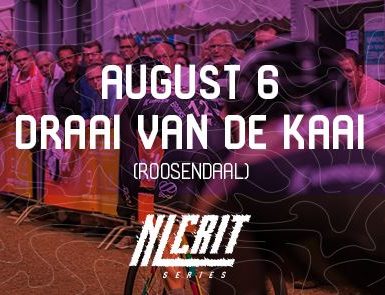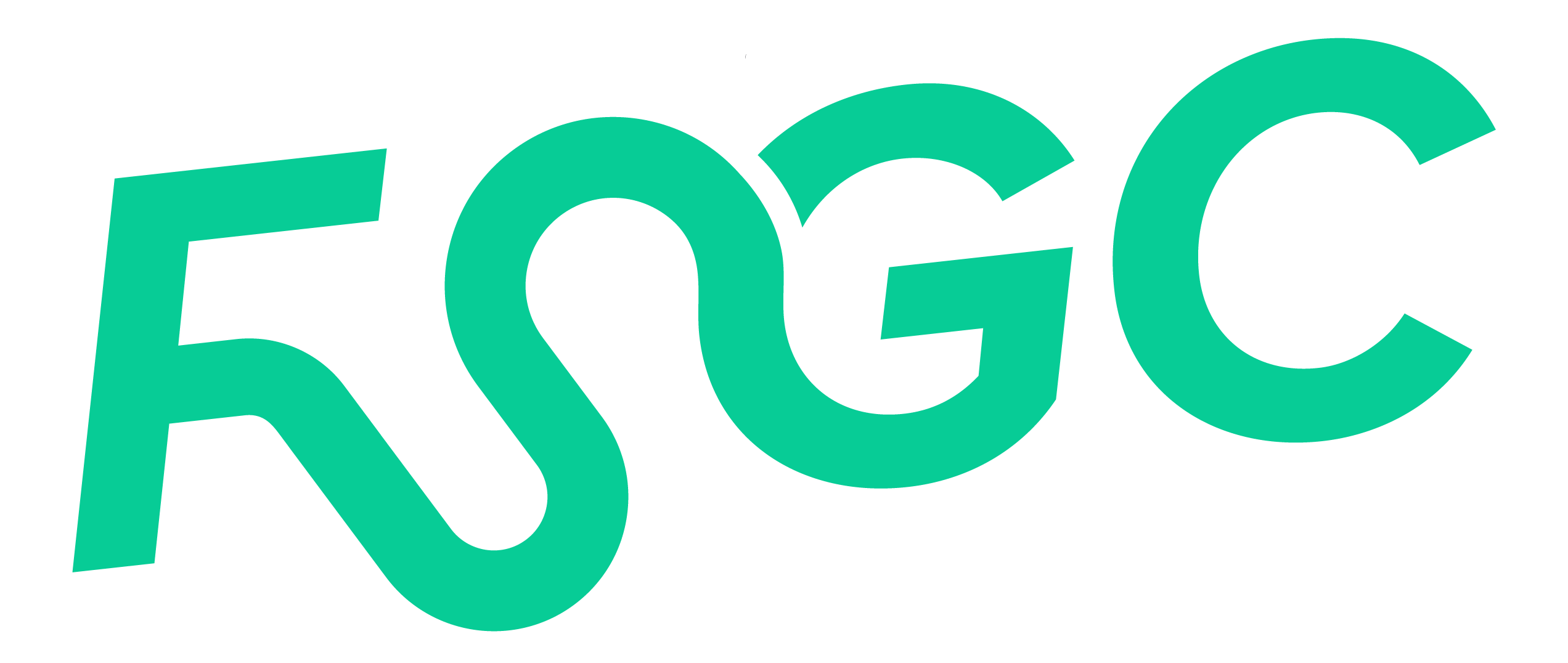With Red Hook Crit London No. 3 scheduled for the same weekend, US based teams were forced to strategize their race calendars accordingly. One team in particular, Team State Bicycle Co., recognized the opportunity to support the growing crit scene in the US and decided to set the Fyxation series as one of their targets for the season.
Text: Sarah Bartlett
“Our #1 goal for the 2017 season was to promote and grow the domestic fixed gear scene,” said Zawada, who is also the team manager for Team State Bicycle Co. “Europe is great and a fun trip but in reality their scene is already huge, partially due to the fact that Red Hook Crit has decided to have 3 European races each season, and partially because Europeans are born into the mindset that bikes are friends not foes. Here in North America we don’t have that luxury. We have to fight for just about every cyclist we obtain.”

Fyxation Open Omnium, the first of its kind in the US, offers a unique opportunity for fixed gear racers to compete at two of USA Cycling’s (USAC) largest events, the Tour of America’s Dairyland and Intelligentsia Cup. The multi-day race format and highly competitive fields means big crowds and high energy. Racers are also required to hold a USAC license, which adds additional benefits that many fixed gear crits don’t, such as closed roads and insurance.
“Adding fixed gear creates a level of excitement, and at each of the races our events have been placed right next to the men’s pro and the women’s pro time slots because we are a featured event,” said Fyxation co-owner Ben Ginster.
This summer marked the fourth year of the Fyxation Open Omnium and the first year the series was forced to race the men’s and women’s fields in a combined event, due to low pre-registration numbers. (Fields were only combined in the Milwaukee races.)

“When I first heard that the race would be combined, I wasn’t thrilled, but without the combined field we would have only had six women in one of the races, and there is no race there. It’s more fun when we can be competitive,” said Poole. “In the end, I think it was smart to combine the fields, since I ultimately got to work with some of the men, but I would like to see the women’s field grow for next year.”
Despite the low pre-registration numbers, the series actually saw record turnout for the men’s field and the overall win came down to the final race.
“Emile Abraham and myself were in a dead tie walking to the start line on Sunday in Chicago for the final race of the series,” said Zawada. “Excellent team tactics, smart riding, and methodical moves lead into a bunch sprint, a bunch sprint in which my good ole’ BMX legs decided to come back to life.”

The women’s race also encountered fierce competition, with athletes competing from seven US states, Canada, Italy and Colombia, including several familiar faces from the Red Hook Crit series.
As team manager, Zawada was thrilled with Poole’s performance among the competition. “Caro knew what she had to do in the points series to stand on top of the podium and at the end of the day, in the 90+ degree summer heat of downtown Chicago, and she performed!” said Zawada.
With participation growing, and more athletes traveling to the US’s Midwest for the series, Ginster believes that the men’s category will sell out next year. Fyxation is already preparing for 2018, with plans to make the event bigger than ever with huge cash “super-primes” and large podium payouts. The series already offers equal payouts for men and women, something that is important to Fyxation to maintain.

Seeing the value in featuring fixed gear events at established races isn’t hard to do.
“When you look at cycling as a whole, the categories that are growing are gravel and adventure races, and road numbers are actually leveling off or declining. Promoters are trying to figure out how to get more people to their events – a fixed gear event is a great way to do it,” said Ginster.
Race directors and sponsors aren’t the only ones who stand to benefit from the partnerships between USAC and the fixed gear scene. Many athletes have recognized the opportunities that fixed gear crits can offer.
“We have seen a shift over the last few years of more road cyclists crossing over to compete in fixed gear races, so it’s a great opportunity to show them what fixed gear crits are like,” said Poole. “Especially when people hear we are racing without brakes. It’s a whole new world to a lot of people.”

While Fyxation is preparing for next year, racers that have already experienced the series are hopeful that more athletes will register next year.
“I have very high aspirations for what the Fyxation Open Omnium could be. This is the first series to piggy-back on a USAC event, bridging the gap between them and us. It needs work, a lot of work, but this could become the baseline for an exponential growth of fixed gear cycling. We have the excitement, they have the money. If we all play it smart and piggy back on the USAC federation, without losing our heritage, it is possible to see European numbers begin to show light in North America.”
Will Zawada be back next year? “In simple terms, yes,” Zawada said, without hesitation. “I will be back for Fyxation Open in 2018. I hope to see many more new faces there along-side of me.”
For more information on the Fyxation Open Omnium visit http://www.fyxationopen.com/




